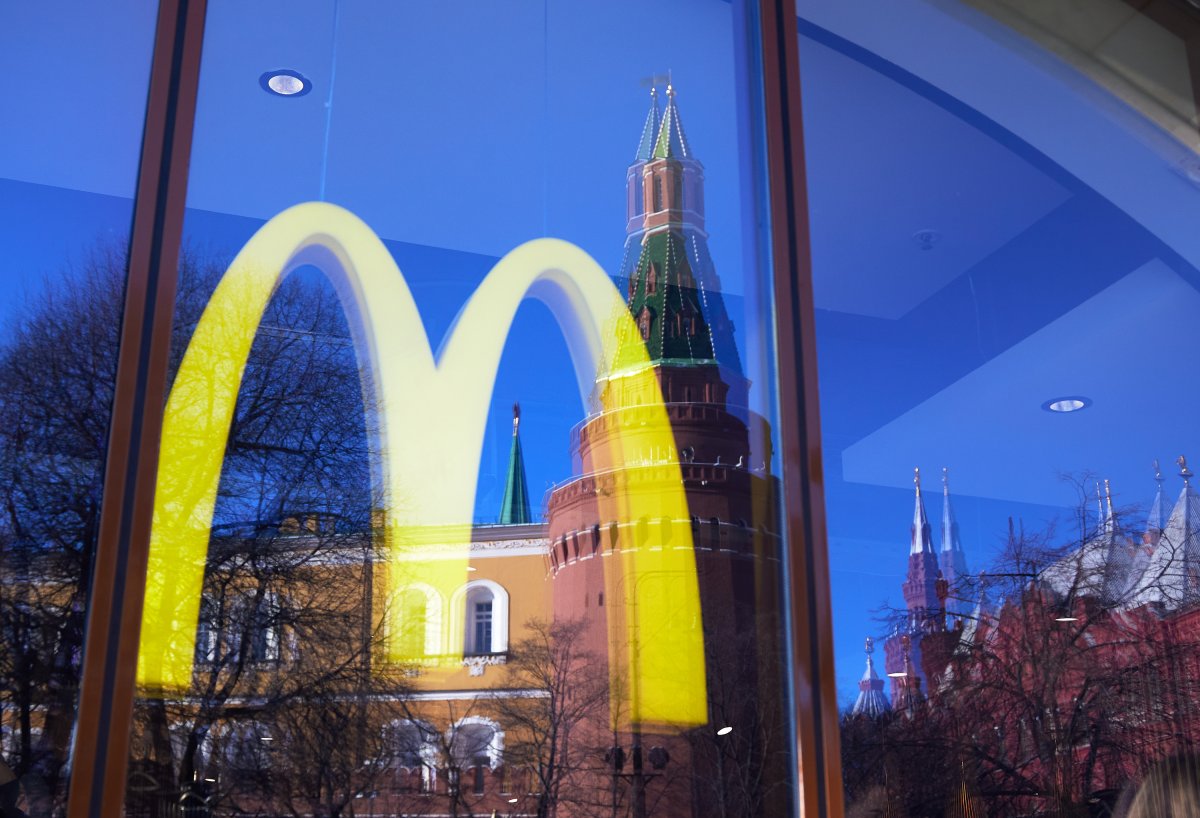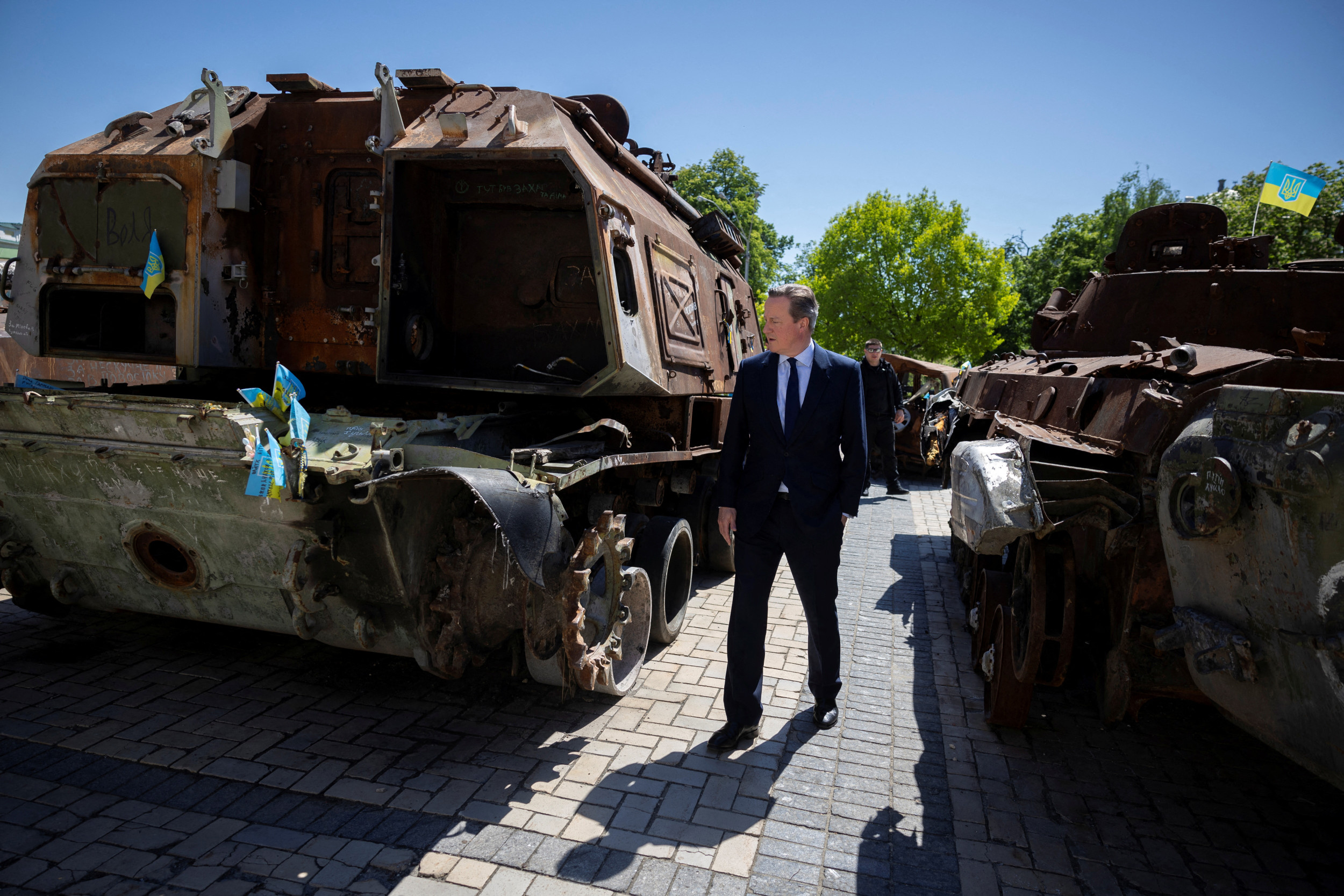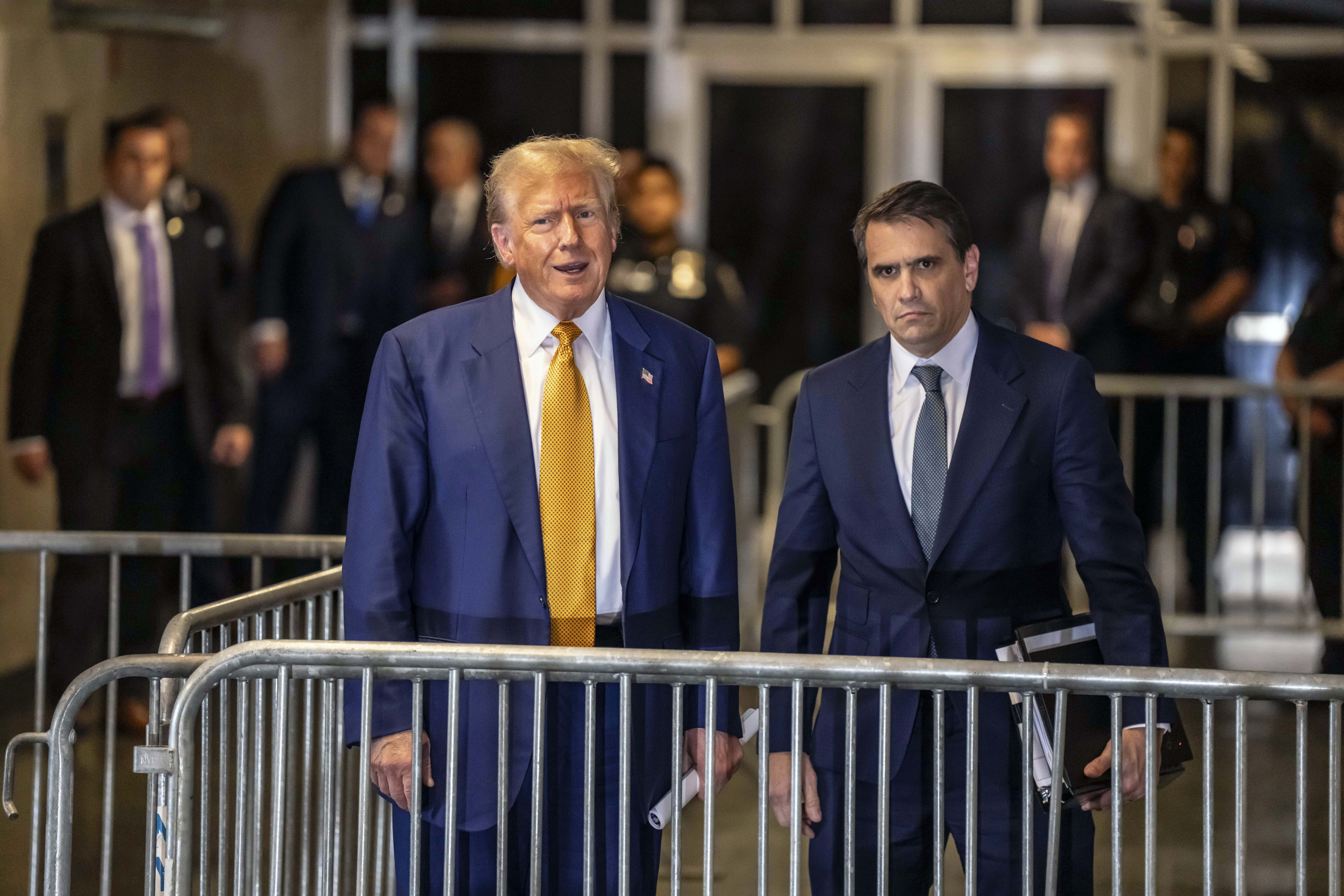Russians may be able to get their hands on a Big Mac after all, despite McDonald's officially closing all locations throughout the country.
The McDonald's Corporation announced on Tuesday that it would become the latest international company to sever ties with Russia amidst the ongoing Ukraine invasion. All 847 McDonald's locations within the country temporarily closed, although Russian officials are considering circumventing trademark restrictions in an effort to reopen.
The fast-food chain was one of the first Western franchises to branch out to Russia following the collapse of the Soviet Union, and soon became an icon of post-Soviet life. Its departure from the country represented a major blow to a Russian economy that is already facing heavy sanctions.

A recent report from TASS, Russia's largest and most prominent state-owned news agency, said that the country's Ministry of Economic Development is considering lifting restrictions on the use of trademarks and patented brands among companies that have blacklisted Russia.
"The measure will allow, on the one hand, to organize the production and use of technologies that were presented in products that were deprived [by] Western companies [to] our citizens," the report said in an excerpt translated from Russian.
"This will smooth out the impact on the market of breaks in supply chains, as well as the shortage of goods and services that arose due to new sanctions by Western countries," the report continued.
News of the report was first published by The Washington Post on Wednesday, where it was noted that Russia's actions would potentially amount to legalizing patent theft. If these trademark restrictions are lifted, it would in theory allow Russia to independently operate McDonald's restaurants regardless of the desires of the McDonald's Corporation.
With no trademarks in the country to protect American brands, Russia could "take those McDonald's that got shut down and...just let local operators operate the restaurants and call them McDonald's," intellectual property lawyer Josh Gerben told the Post.
"It's just another example of how [Russian President Vladimir Putin] has forever changed the relationship that Russia will have with the world," Gerben said.
The McDonald's Corporation has not commented on the possibility of Russia lifting trademark restrictions. In the press release announcing they were halting production in Russia, CEO Chris Kempczinski said, "The conflict in Ukraine and the humanitarian crisis in Europe has caused unspeakable suffering to innocent people."
"In the thirty-plus years that McDonald's has operated in Russia, we've become an essential part of the 850 communities in which we operate," the press release added. "At the same time, our values mean we cannot ignore the needless human suffering unfolding in Ukraine...McDonald's has decided to temporarily close all our restaurants in Russia and pause all operations in the market."
In addition to shuttering their Russian locations, McDonald's also announced that they would be working to support humanitarian efforts throughout Ukraine. This includes financial assistance to their Ukrainian employees and using their Ronald McDonald House Charities to provide medical care and other aid, the company said.
While McDonald's stores remain closed throughout Russia for now, local officials may soon attempt to open them once again, if the report from TASS is accurate.
Newsweek has reached out to the McDonald's Corporation for comment.
Uncommon Knowledge
Newsweek is committed to challenging conventional wisdom and finding connections in the search for common ground.
Newsweek is committed to challenging conventional wisdom and finding connections in the search for common ground.
About the writer
To read how Newsweek uses AI as a newsroom tool, Click here.








